Winter Safety Challenges
With its cold and often stormy weather, winter presents many safety challenges-both indoors and out. Being prepared and following simple safety tips can help you stay safe and warm this season.
Preparing Your Family
• Assemble a disaster supply kit. Store drinking water, canned/non-cook food, non-electric can opener, first aid kit, battery powered radio, flashlight, and extra batteries where you can get them easily, even in the dark. Also include winter specific items such as rock salt, sand and other snow removal equipment.
• Prepare for the possibility that you will need to stay in you home for several days after a winter storm. Make sure that you have sufficient heating fuel as well as emergency heating equipment in case electricity is cut off.
• House fires pose an additional risk, as more people turn to alternate heating sourced without taking the necessary safety precautions. Keep fire extinguishers on hand, make sure everyone in your house knows how to use them.
• Know ahead of time what you should do to help elderly or disabled friends and neighbors or employees.
• Maintain ventilation when using kerosene heaters to avoid a build up of toxic fumes and always refuel outside. Keep all heaters at least three feet from flammable objects.
• Dress in several layers of loose fitting, lightweight, warm clothing rather than on layer of heavy clothing. Outer garments should be tightly woven and water repellent. Wear a hat, mittens and sturdy, waterproof boots. Cover your mouth with a scarf to protect your lungs from extremely cold air.
Have safe emergency heating equipment available
• Fireplace with ample supply of wood
• Small, well-vented, wood, coal, or camp stove with fuel
• Portable space heaters or kerosene heaters
Keep pipes from freezing
• Wrap pipes in insulation or layers of old newspapers
• Cover the newspapers with plastic to keep out the moisture
• Let the faucets drip a little to avoid freezing
• Know how to shut off water valves
Have disaster supplies on hand, in case the power goes out
• Flashlight and extra batteries
• Portable, battery-operated radio and extra batteries
• First-aid kit
• One week supply of food (include items that do not need refrigeration or cooking in case the power is shut off)
• Non-electric can opener
• One week supply of essential prescription medication
• Extra blankets and sleeping bags
• Fire extinguisher
If you are caught in a winter storm:
Stay inside. When using an alternate heat source (fireplace, wood stove, space heater, etc.) be sure to: use fire safeguards; and properly ventilate the room.
If You Have No Heat:
Turn off electrical appliances that were on when the power went off to avoid a power surge when the electricity is restored; Use flashlights to see. Do not use candles. They greatly increase the chance of having a fire in your home. Close off unneeded rooms; Stuff towels or rags in cracks under doors; and cover windows at night. Et and drink. Food provides the body with energy to produce its own heat. Keep the body replenished with fluids to prevent dehydration.
Prepare Your Car
• Keep cars and other vehicles fueled and in good repair. Winterize your car by checking you car battery, ignition system, thermostat, lights, flashers, exhaust, heater, brakes, defroster and tires. Ensure that your car has adequate antifreeze, windshield washer fluid and oil and check regularly throughout the season.
• Please a winter emergency kit in each car that includes a shovel, windshield scraper, flashlight, battery powered radio, extra batteries, water, snack food, extra hats and mittens, blanket, tow chain or rope, road salt and sand, booster cables, emergency flares and fluorescent distress flag.
• If traveling by car during winter weather advisory or winter storm watch, do so in the daylight, don’t travel alone, keep others informed of your schedule and route, and stay on the main roads. Avoid driving during a winter storm warning or blizzard warning.
If You Get Stuck
• Stay with your car. Do not try and walk to safety.
• Tie a brightly colored cloth (preferably red) to the antenna for rescuers to see.
• Start the car and use the heater for about 10 minutes every hour. Keep exhaust pipe clear so fumes wont back up in the car.
• Leave the overhead light on when the engine is running so that you can be seen.
• As you sit, keep moving, keep moving your arms and legs to keep blood circulating and stay warm.
• Keep on window away from blowing wind slightly open to let in the air.
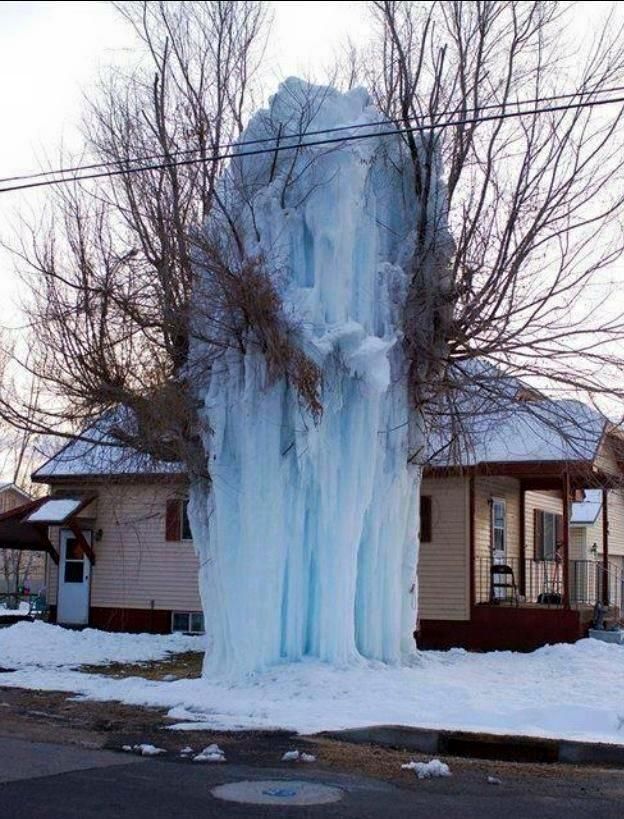

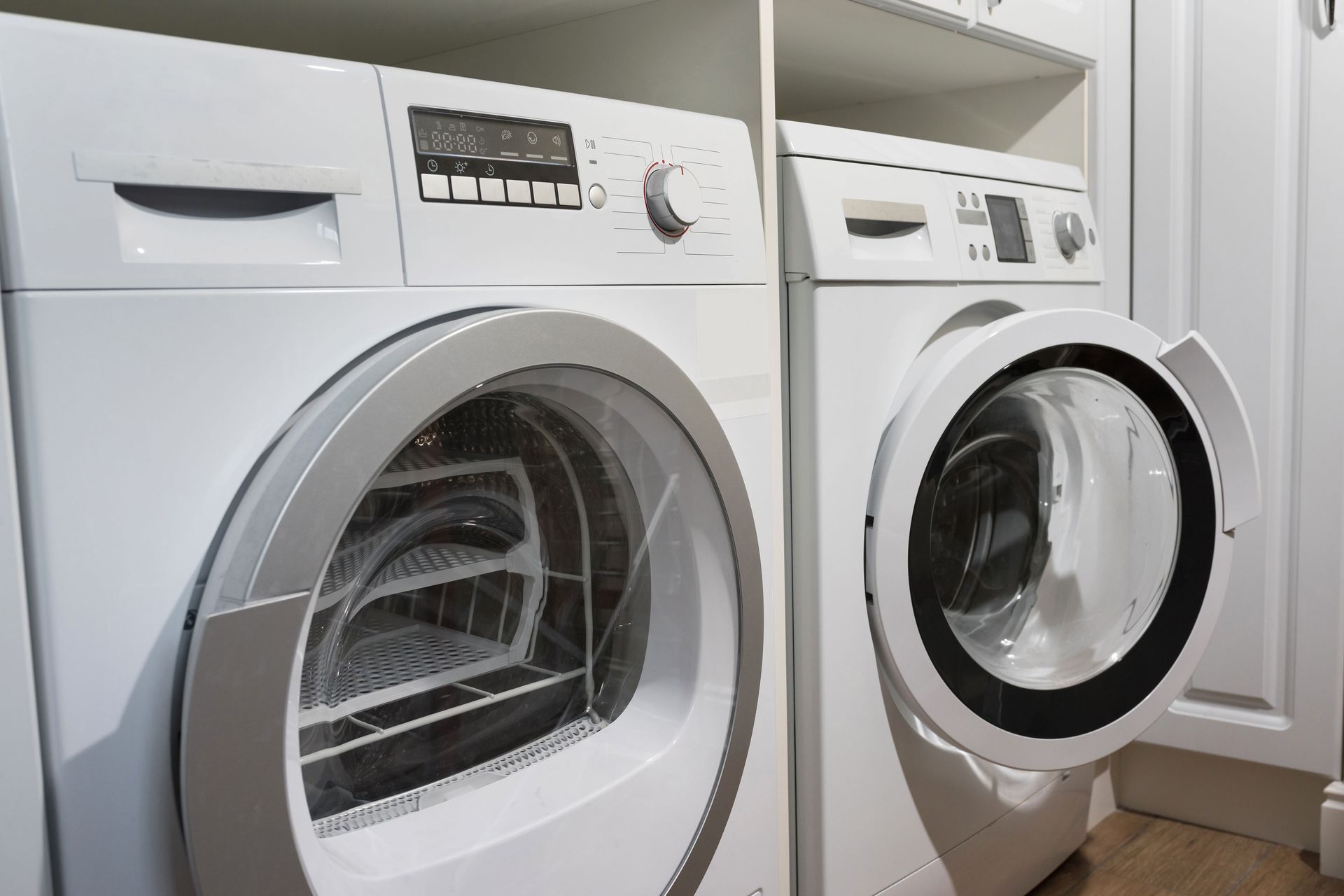
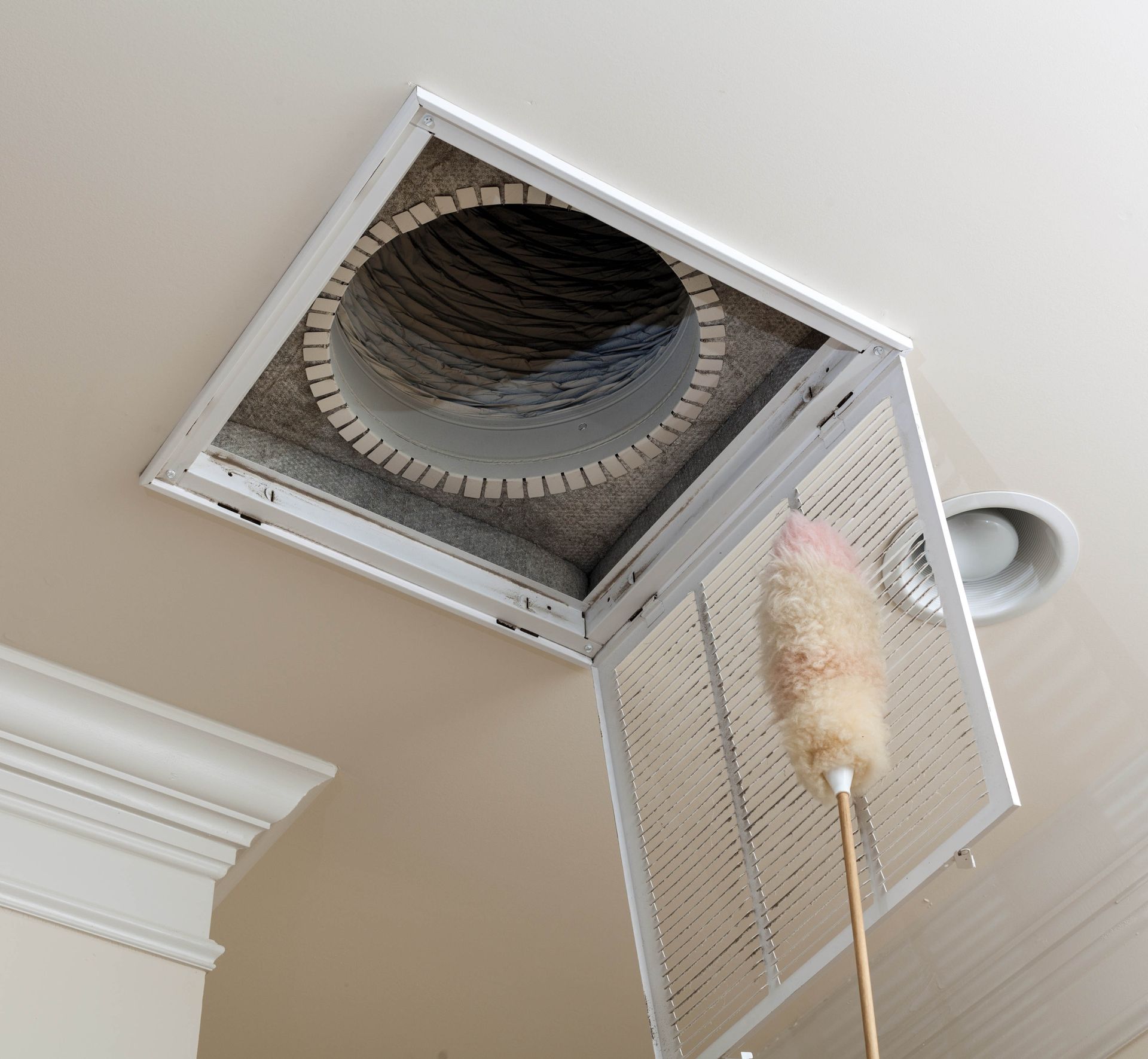
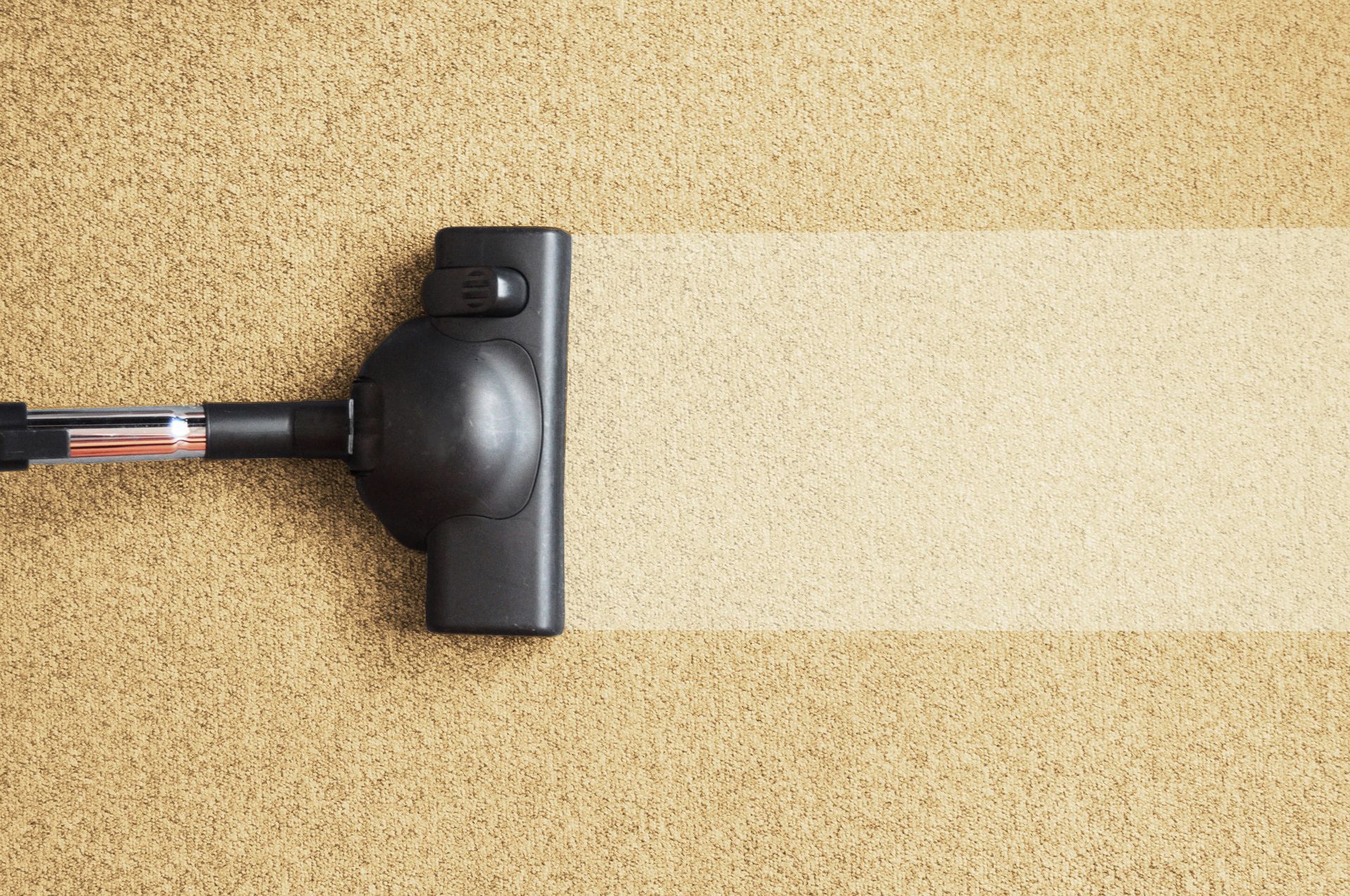
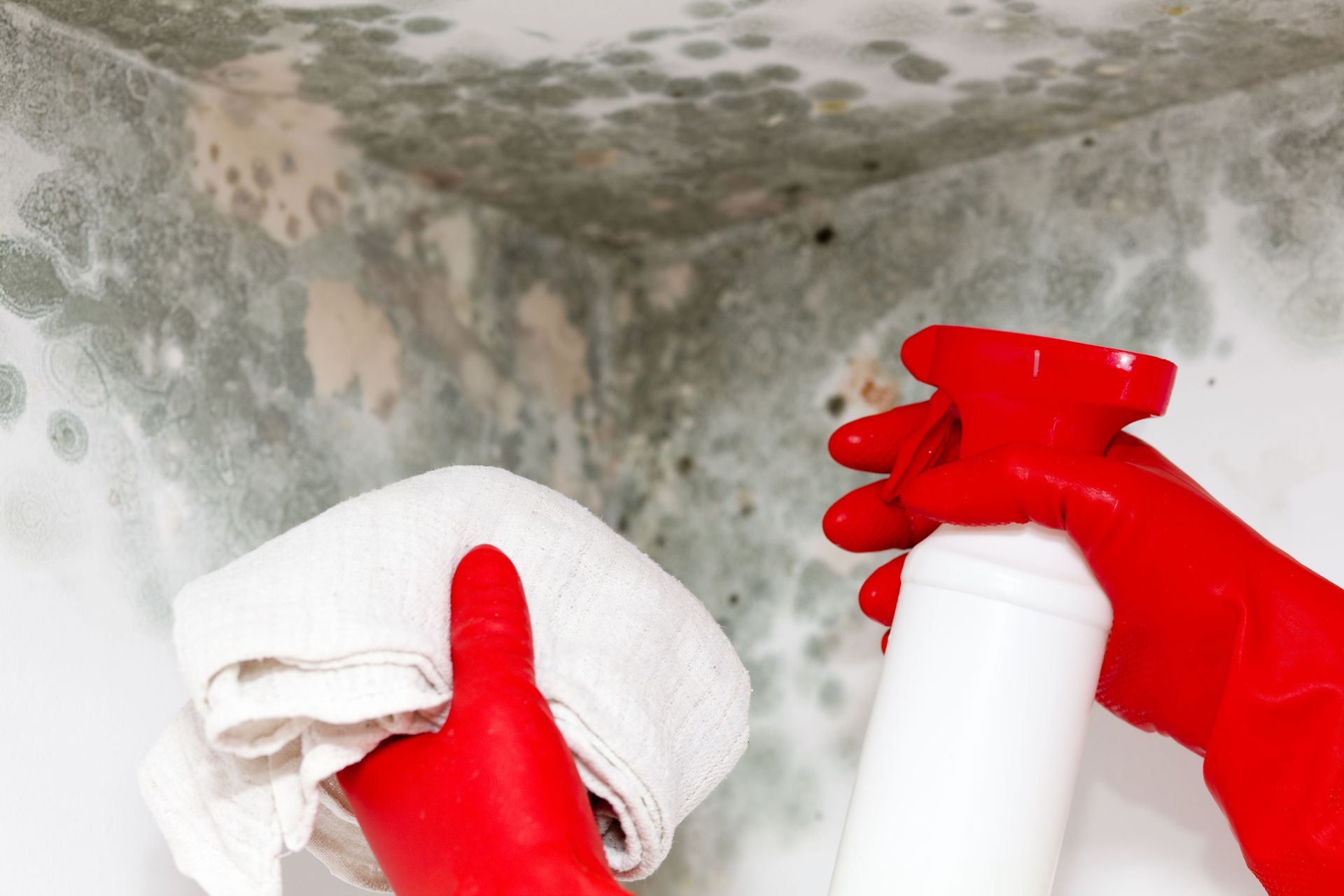
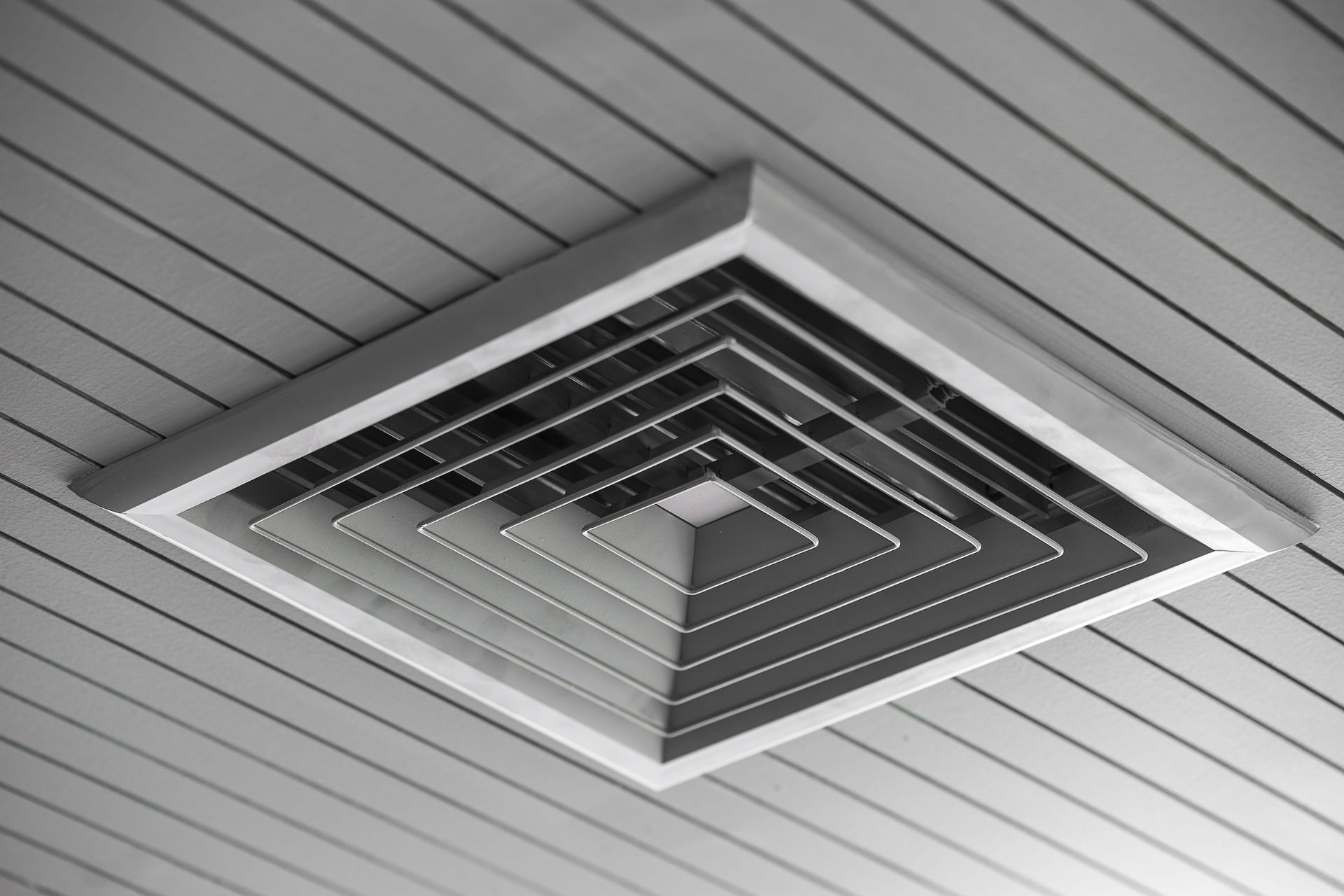
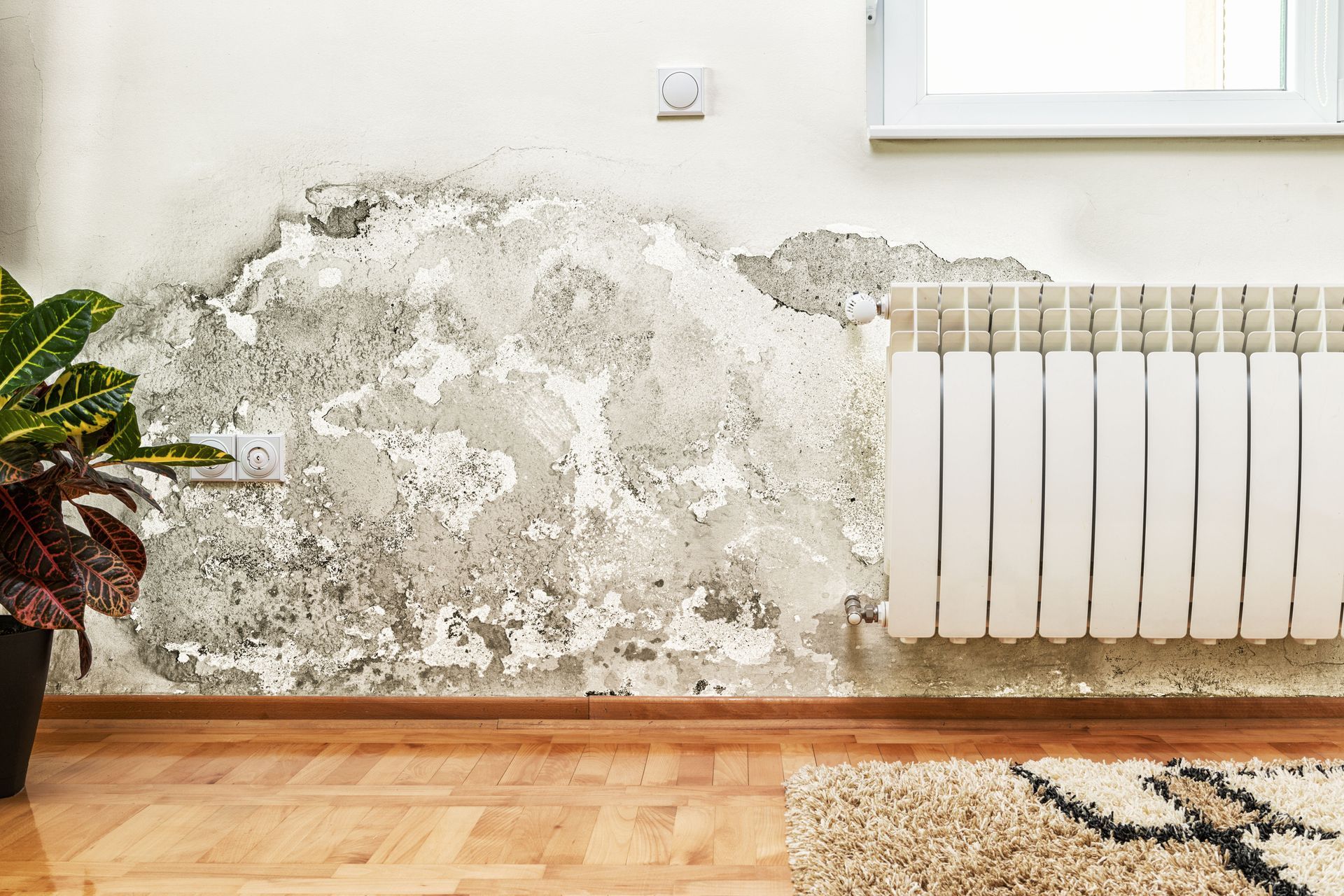
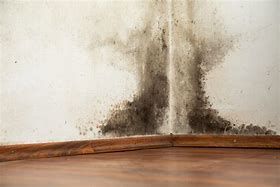
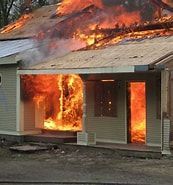
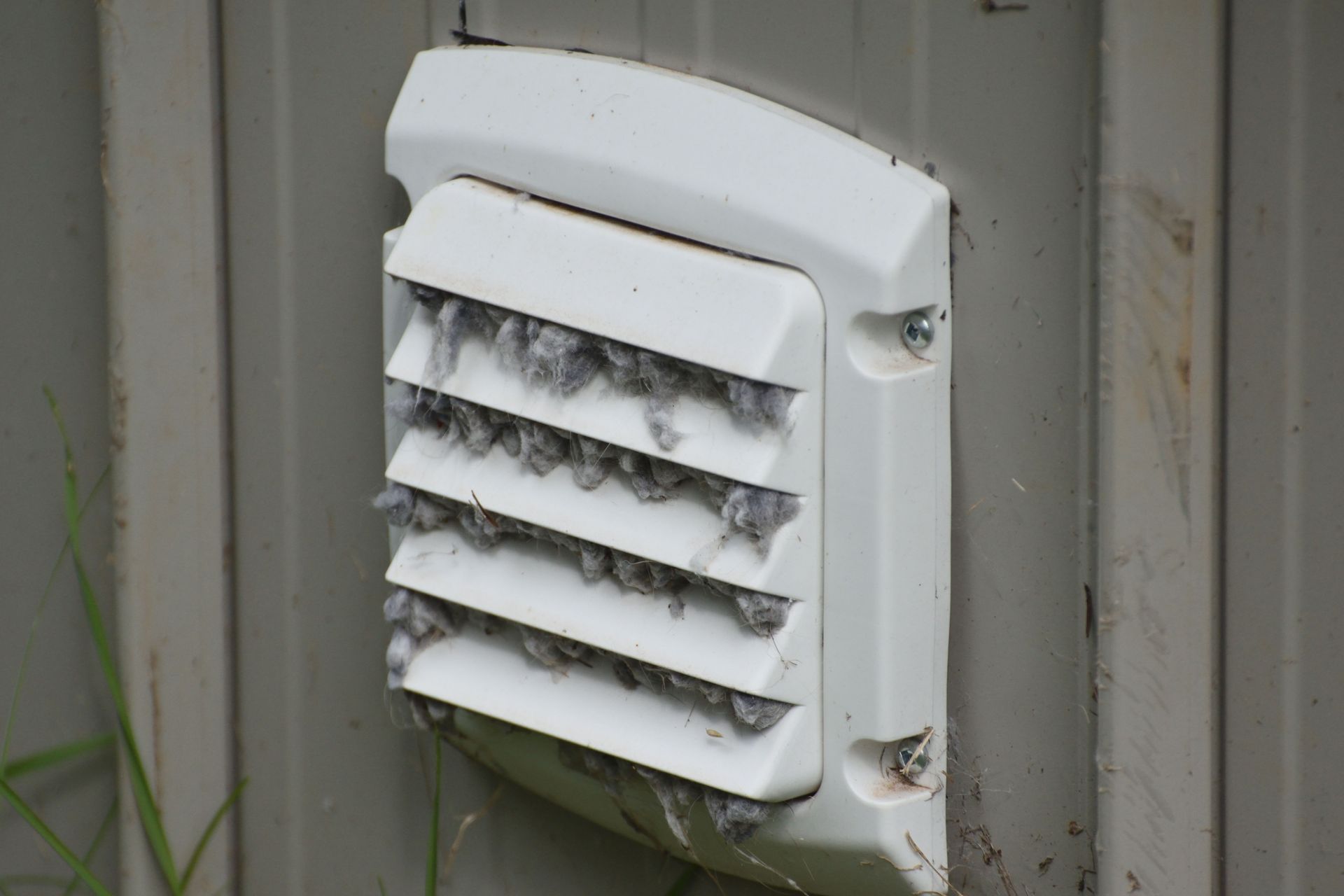

Share On: